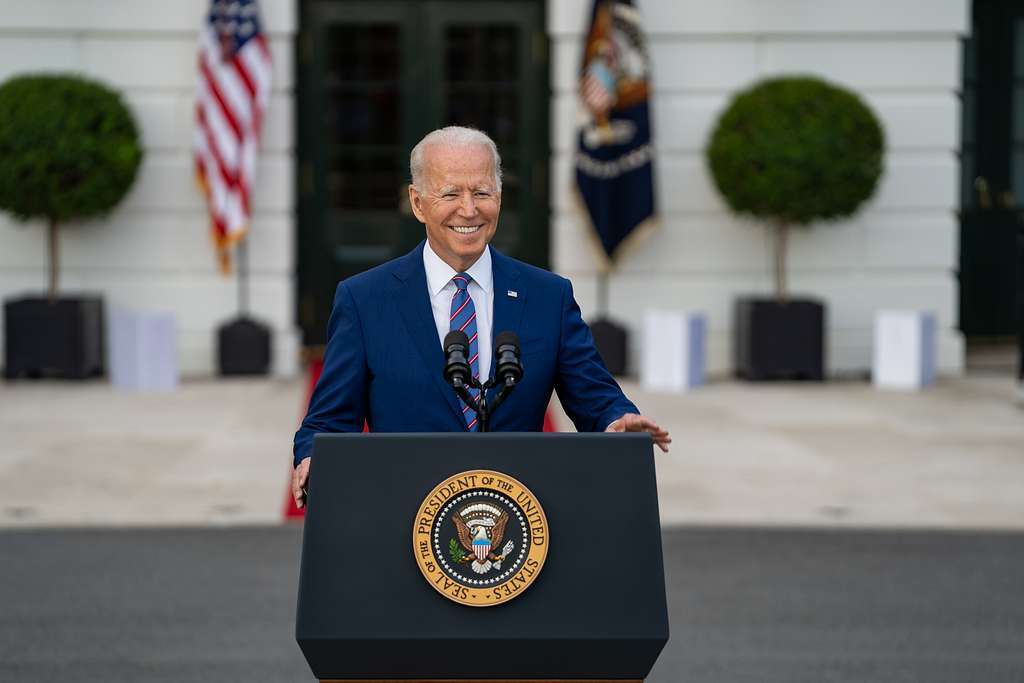Capitol Correspondence - 08.21.17
Congress Faces Tight Timeline, Multiple Priorities When They Return From August Recess
Share this page
Stay Informed on the Latest Research & Analysis from ANCOR
More News
Capitol Correspondence - 04.16.24
President Biden Hosts Convening on Care, Commits to Investments

Capitol Correspondence - 04.16.24

